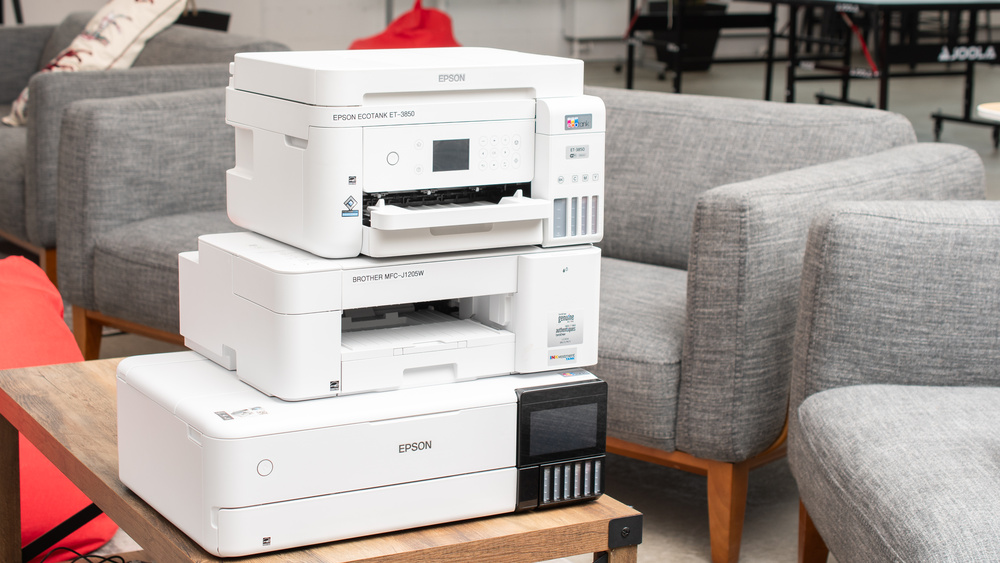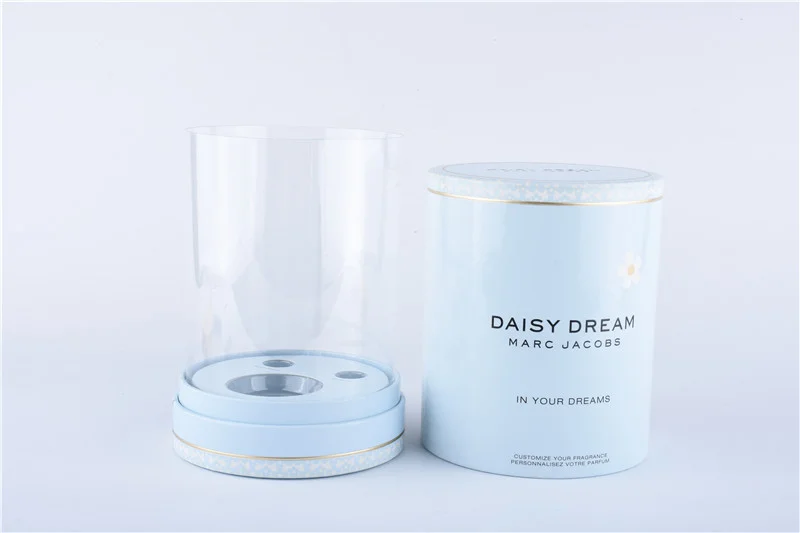Comparing the Cost of Ink: Epson vs. Canon

When it comes to choosing a printer, one of the key factors to consider is the cost of ink. Epson and Canon are two well-known brands in the printer industry, and many consumers wonder which brand offers cheaper ink. In this article, we will delve into the cost comparison between Epson and Canon ink, providing you with valuable insights to make an informed decision.
- Ink Cartridge Pricing:
To determine whether Epson ink is cheaper than Canon, we need to examine the pricing of their ink cartridges. Epson printers typically use individual ink cartridges for each color, allowing users to replace only the color that runs out. On the other hand, Canon printers often utilize a combined ink system, where all colors are housed in a single cartridge. This difference in cartridge design can affect the overall cost of ink.
Epson's individual ink cartridges provide more flexibility and cost efficiency. If you frequently print in one particular color, you can simply replace that specific cartridge, avoiding unnecessary expenses. In contrast, with Canon's combined ink system, you may end up replacing the entire cartridge even if only one color is depleted. This can lead to higher ink costs over time.
- Ink Yield and Page Coverage:
Another crucial aspect to consider is the ink yield and page coverage of Epson and Canon cartridges. Ink yield refers to the number of pages a cartridge can print before it needs to be replaced. Page coverage refers to the amount of ink used to print a page, which can vary depending on the content and density of the print.
Epson printers are known for their high ink yield and efficient page coverage. Their cartridges often have a higher capacity, allowing for more pages to be printed before replacement. Additionally, Epson's ink technology ensures that each drop of ink is used effectively, resulting in optimal page coverage. This means you can print more pages with a single cartridge, ultimately reducing your ink expenses.
- Third-Party Ink Options:
In addition to the original manufacturer's ink cartridges, both Epson and Canon printers are compatible with third-party ink options. These alternative ink cartridges are often cheaper than the original ones, providing a more cost-effective solution for those on a budget.
However, it's important to note that using third-party ink cartridges may void the printer's warranty and can potentially lead to print quality issues. Therefore, if you decide to explore this option, it's crucial to research reputable third-party ink suppliers and read reviews from other users to ensure compatibility and reliability.
Conclusion:
After a thorough analysis, it can be concluded that Epson ink is generally more cost-effective than Canon ink. The combination of individual ink cartridges, high ink yield, and efficient page coverage contributes to lower overall ink expenses. However, it's essential to consider your specific printing needs and preferences before making a final decision.



